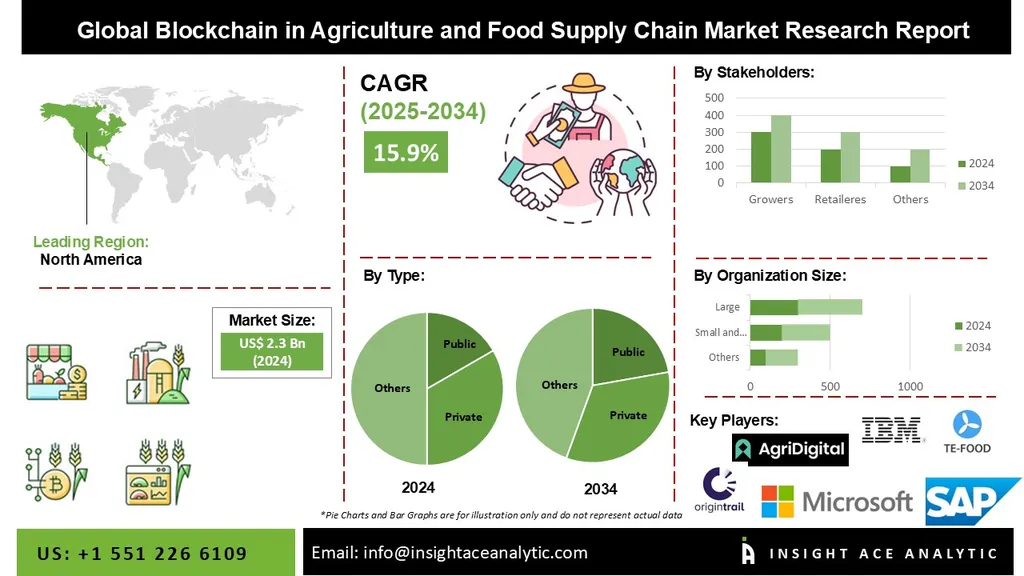In the rapidly evolving landscape of agricultural technology, a groundbreaking study led by Nian Najim Abdullah from the Computer Networks Department at Sulaimani Polytechnic University in Iraq is shedding light on the transformative potential of blockchain technology in the agri-food supply chain. Published in the journal *Sustainable Futures* (which translates to *Al-Mustaqbal Al-Mustadam* in Arabic), the research offers a comprehensive systematic literature review that could reshape how we think about transparency, traceability, and efficiency in agriculture.
Blockchain technology (BCT) has long been touted as a game-changer, but its practical applications in the agri-food sector have remained somewhat nebulous. Abdullah’s study, which analyzed 50 peer-reviewed articles published between 2009 and 2023, aims to demystify this potential. By employing the PRISMA protocol—a rigorous methodology for systematic reviews—the research identifies key enablers and barriers to blockchain adoption in the supply chain.
“Blockchain-based platforms can significantly enhance digital information sharing, which is crucial for building trust among stakeholders,” Abdullah explains. The study highlights several enablers, including transparency, efficiency, traceability, smart contracts, and tokens. These elements collectively support improvements in stakeholder trust, product authenticity, brand integrity, and operational performance. For instance, blockchain adoption in the wine supply chain (WSC) was found to enhance visibility, promote sustainability, reduce fraud, and support branding innovation for small vineyards.
One of the most compelling findings is the potential for blockchain to bridge gaps in digital readiness and scalability. “By addressing these barriers, we can design scalable and interoperable blockchain platforms that benefit not just large corporations but also small-scale producers,” Abdullah notes. This could be a boon for the energy sector as well, where supply chain transparency and efficiency are equally critical.
The study also introduces a thematic network model that visualizes these enablers and barriers across the WSC ecosystem. This model provides a roadmap for researchers, practitioners, and policymakers to navigate the complexities of blockchain implementation. “Our goal is to create a cohesive framework that can guide future empirical and design-oriented studies,” Abdullah says.
As the agricultural sector continues to grapple with issues like fraud, inefficiency, and sustainability, blockchain technology offers a promising solution. The research published in *Sustainable Futures* not only bridges existing gaps in the literature but also paves the way for future innovations. By synthesizing current knowledge into actionable insights, Abdullah’s work is set to shape the future of blockchain adoption in agriculture and beyond.

